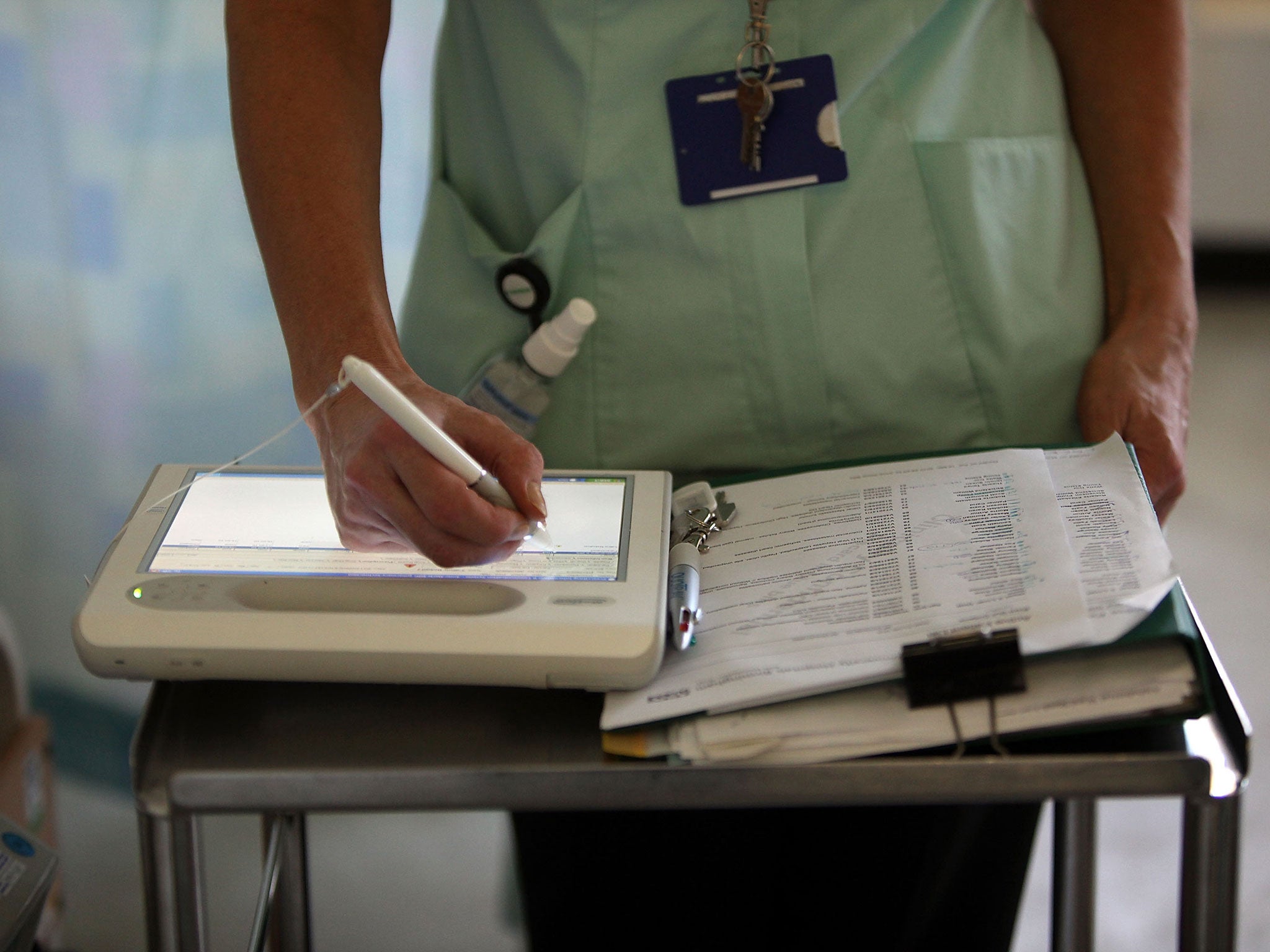Inside Whitehall: The problem with hospitals
If a few hospitals are in trouble financially, it’s their problem. But if lots of hospitals are...

It was John Maynard Keynes who first made the wry observation that: “If you owe your bank 100 pounds, you have a problem. But if you owe a million, it has.”
It is an observation that proved apt in the financial crisis and now could become so again – except this time with the Government in the role of the banker and the NHS in the role of debtor. There is now more concern there about the financial outlook than at any time since the start of austerity.
Some have a vested interest in highlighting problems but others do not. And the message is consistent: that over the next 18 months the NHS is facing an unprecedented combination of challenges that, if not managed effectively, could become the dominant issue in next May’s election.
The first problem is the predictable one of austerity. While the NHS has not been subject to spending cuts, a growing elderly population and new treatments mean managers having to find savings to stand still. For most of the past four years these pressures have been absorbed. Waiting times, in general, have not increased while most hospitals have been able to operate within their budgets.
But the latest figures show the situation is now deteriorating. In the final quarter of last year four-hour A&E targets were not achieved while there was also deterioration in performance against waiting-time targets, particularly for cancer patients.
Forty trusts reported deficits for the year – 21 more than planned a deficit and almost double the number of trusts who were in debt the year before. This has been driven in part by rising staffing costs as a result of the new emphasis on minimum nursing levels.
It has also been affected by a, so-far, inexplicable increase (of around 6 per cent) in the number of patients being referred to hospital by their GP.
What worries managers and politicians is what happens if there is a significant outbreak of flu this winter when demand tends to be at its greatest. It is little wonder that Department of Health planning meetings for this eventuality began in January.
But there is an even bigger challenge of the Government’s own making coming in April. That is when £3.8bn currently spent by the NHS gets transferred into a new fund to provide support for older and disabled people to stay out of hospital and remain in their own home.
In theory it is a sensible and laudable idea – and one which in the long term should be better for patients and cheaper for the taxpayer. But the problem is that April will be a cliff edge: hospitals will have significantly to cut their costs in time for 2015-16 and restructure their services to live without the £3.8bn without knowing how quickly demand for their services will fall.
If there is any sort of time lag (or if hospitals fail to restructure their services) then, as one senior health professional put it, “We are in a nightmare scenario”.
And that’s where John Maynard Keynes comes in. At the moment a few hospitals are performing very well financially, a few very badly while most are just about living within the means. For those that are performing badly, that is currently a problem for their hospital boards. But should a majority of hospitals that are currently just about solvent fall into the red then the combined losses would be eye-watering.
And that will be a very serious problem for the Government.
Join our commenting forum
Join thought-provoking conversations, follow other Independent readers and see their replies
Comments